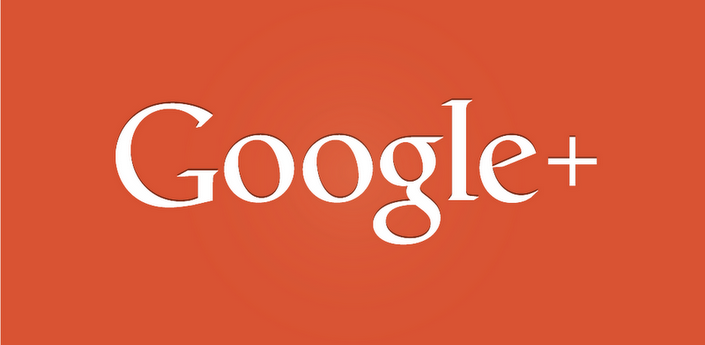You may have seen a little bit around Google+ in the last few days; Chris Messina, who was a developer advocate and UX designer on the product, wrote this article for Medium. It essentially goes into some of the pros (early on) and flaws (now) with Google+. Content from the article got picked up on CNN and TechMeme, where it classified Google+ as “confused” and “adrift.” There’s also these thoughts from Gideon Rosenblatt.
I use Google+ a lot — hell, I think I have 1,250 connections or something on there! — so I thought I’d offer up a few comments as well. It’s not much, but here goes.
Social media has problems, to be sure — especially in the business sense. The good part is this: it connects people in a way that wasn’t possible beforehand. There’s a bad side to this — with all the connectivity, you could argue that actual relationships get frayed — and you can also argue that most people use it to promote themselves or their brands. It’s not a perfect system by any means, and it wasn’t even before organic reach started to die.
Here’s the essential point about Google+, which mostly mimics Rosenblatt’s comments:
- Facebook grabbed the most important connective tissue in the social media world — the connections between your actual friends, family, and co-workers.
- From Day 1 of Google+, it should never have been entering that space.
- Rather, finding people with similar interests on Facebook is actually rather hard — you can do it, but it’s clearly not the priority there. You’ll probably end up joining a group or liking a page, and the following interactions can be passive.
- Google+, on the other hand, had a tremendous potential to be the social network for shared interests.
- Shared interests is a powerful thing — beyond your friends and your family, the things you want to know more about is a driver of behavior.
- If you can link to people you’d never meet in the real world — because maybe they live halfway across the globe — but the relationship is valuable because you have shared interests, that’s a powerful thing.
- That’s what Google+ should be: a social community for shared interests, kind of like a more-powerful version of old message boards.
I’ve actually met people on Google+ that I’d never meet in real life — and if those people had added me as Facebook friends, I’d probably decline it because we’d have no mutual friends and I wouldn’t recognize their name. But I’ve learned things, and even gotten job leads, from these people. It all started with interests.
That should be the focus of Google+, IMHO — connecting people with shared interests. That could make it a fairly powerful, sticky community for many. I’m not sure it’s really that right now.
Sometimes I think the rapid success of Facebook — 1 billion users! — confused the hell out of everyone, because ultimately everything gets compared to it, and companies want to rush into it, and that’s somewhat diluted the experience for the users who were early adopters.
